Individuals With Familial Down Syndrome Are Trisomic And Have 47 Chromosomes.
Individuals with familial down syndrome are trisomic and have 47 chromosomes.. Down Syndrome Research and Practice 326569 summarize data involving children born of Down syndrome individuals. B Individuals with familial Down syndrome are trisomic and have 47 chromosomes. 65-69summarize data involving children born of Down syndrome individualsAssume that children are born to a female with Down syndrome.
Trisomy 21 means that each cell in the body has three copies of chromosome 21 instead of the usual two copies. Since the fundamental discovery there has been general agreement that the trisomic chromosome is 21 so that the preferred designation for the syndrome is trisomy-21. Explore answers and other related questions.
Down Syndrome Research and Practice 32. Jerome Lejune In 1959 a French physician named Jerome Lejune discovered the genetic cause of Down Syndrome observing 47 chromosomes per cell. Down syndrome is a chromosomal condition that is associated with intellectual disability a characteristic facial appearance and weak muscle tone hypotonia in infancy.
They therefore have 47 chromosomes in each cell instead of the usual 46. D In general inversion and translocation heterozygotes are as fertile as organisms whose chromosomes are in the standard arrangement. This condition is most often caused by trisomy 21.
Van Dyke et al. About 3-4 of people with Down syndrome have cells that contain 46 chromosomes. Less sensitive to external stimuli.
Most people with Downs syndrome have this type. Down syndrome or Downs syndrome also known as trisomy 21 is a genetic disorder caused by the presence of all or part of a third copy of chromosome 21. A person with a trisomy has 47 chromosomes instead of 46.
Down syndrome Edward syndrome and Patau syndrome are the most common forms of trisomy. Dull and happy looking.
A trisomy is a chromosomal condition characterised by an additional chromosome.
A trisomy is a chromosomal condition characterised by an additional chromosome. Humans have 23 pairs of chromosomes. Trisomy 21or Down syndromeoccurs when there is a normal diploid chromosomal complement but one extrachromosome 21Although fertility is reduced in both sexesfemales have higher fertility rates than malesVan Dyke et al1995. However there is extra chromosome 21 material attached translocated onto another chromosome. Less sensitive to external stimuli. 65-69summarize data involving children born of Down syndrome individualsAssume that children are born to a female with Down syndrome. EFamilial Down syndrome is caused by a translocation involving chromosome 21. B Individuals with familial Down syndrome are trisomic and have 47 chromosomes. They therefore have 47 chromosomes in each cell instead of the usual 46.
They therefore have 47 chromosomes in each cell instead of the usual 46. Down Syndrome Research and Practice 32. Down syndrome is a chromosomal condition that is associated with intellectual disability a characteristic facial appearance and weak muscle tone hypotonia in infancy. A numerical chromosome abnormality can cause each cell to have 45 or 47 chromosomes in each cell. Trisomy 21or Down syndromeoccurs when there is a normal diploid chromosomal complement but one extrachromosome 21Although fertility is reduced in both sexesfemales have higher fertility rates than malesVan Dyke et al1995. A trisomy is a chromosomal condition characterised by an additional chromosome. Van Dyke et al.

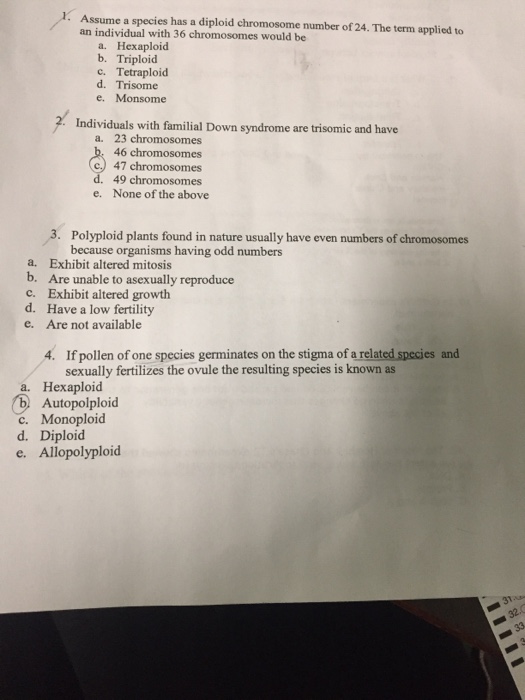



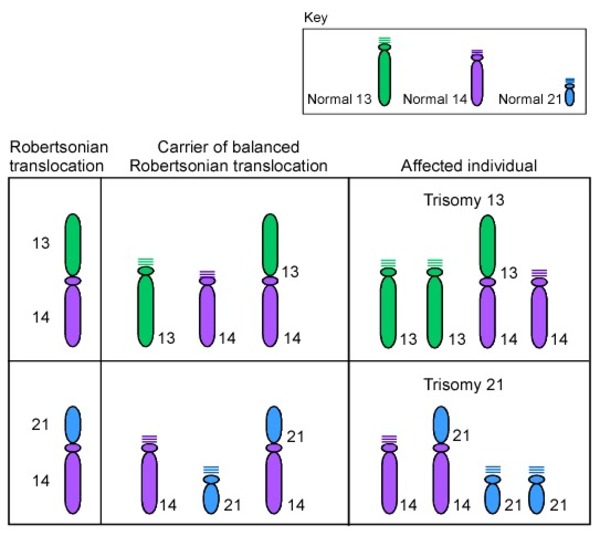

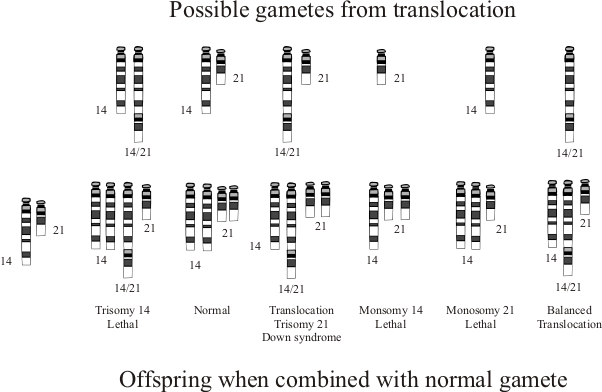





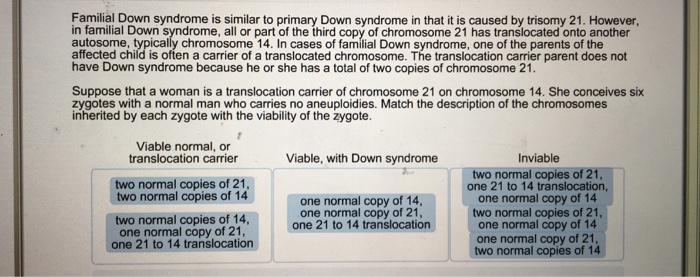
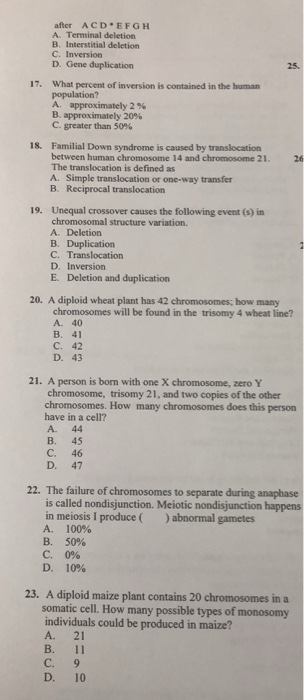
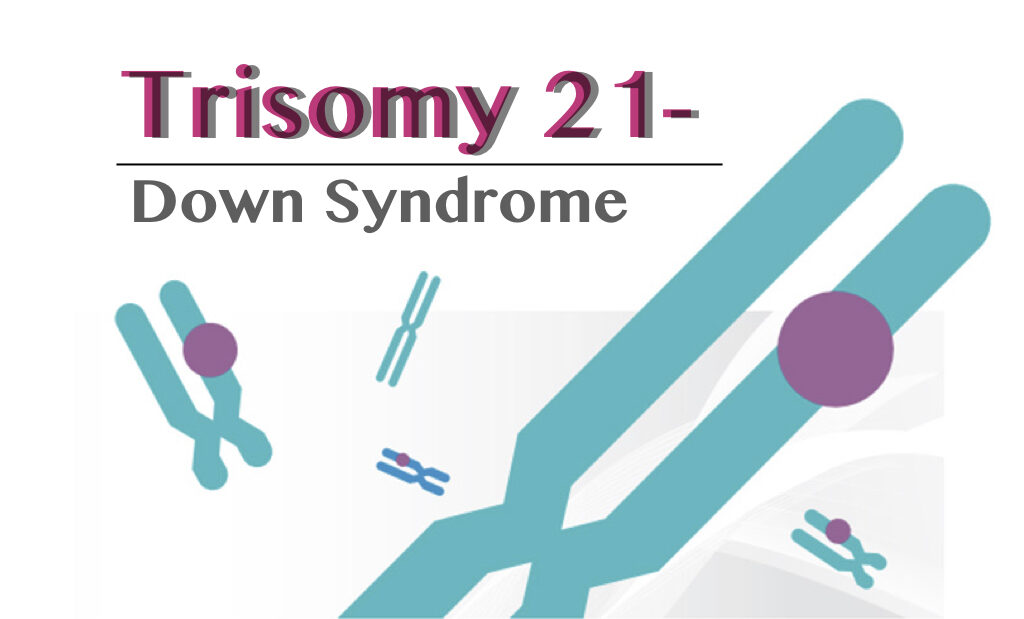




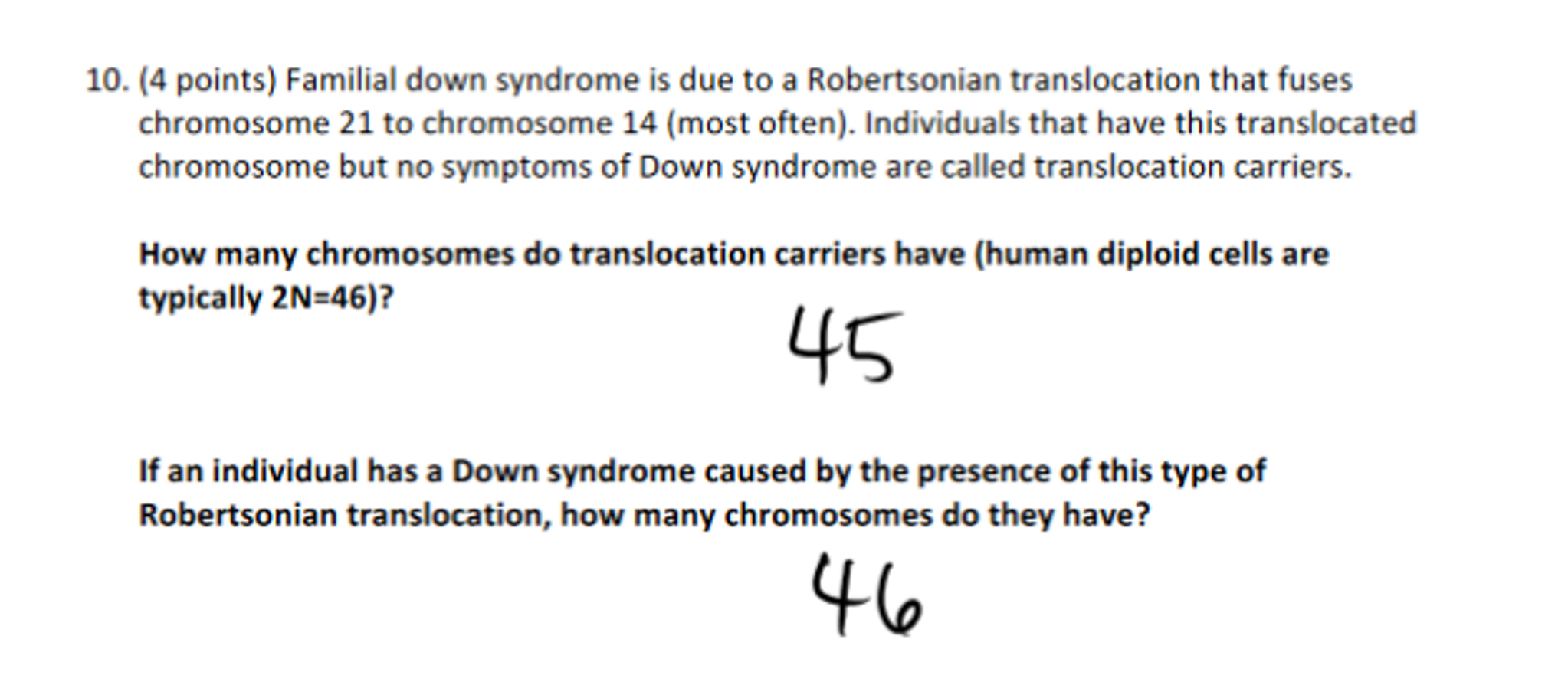

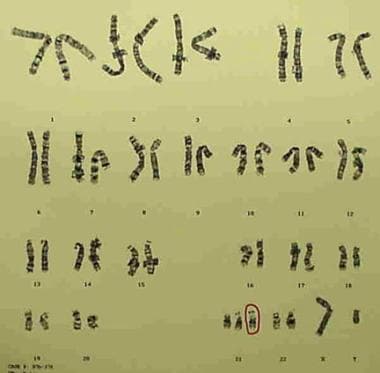

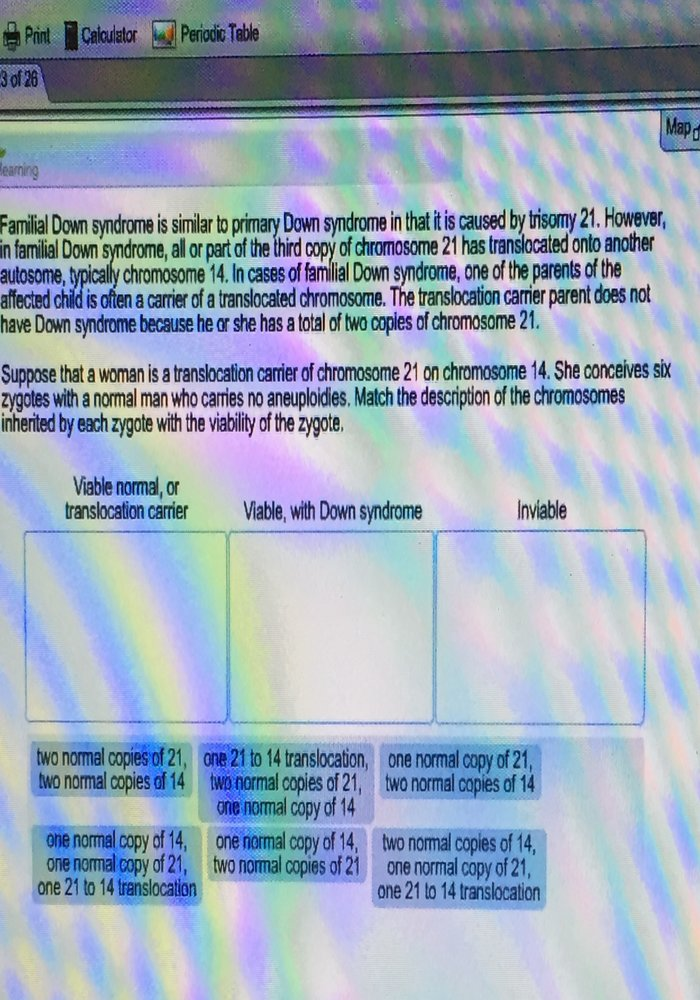






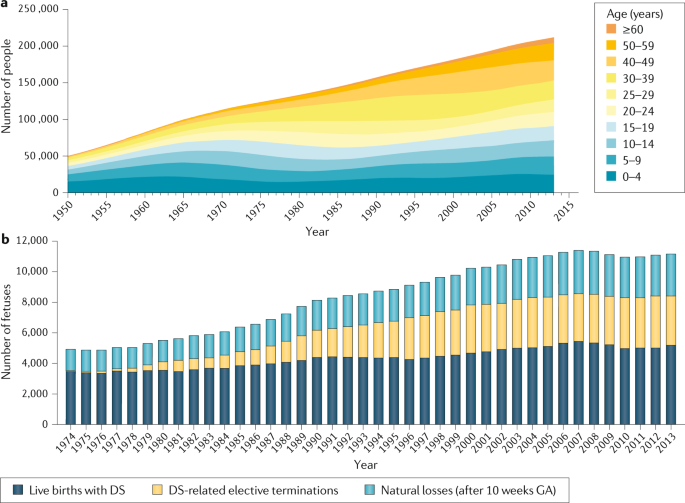




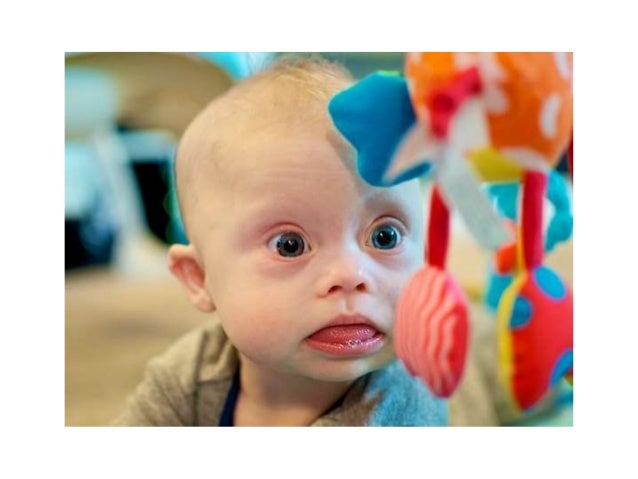
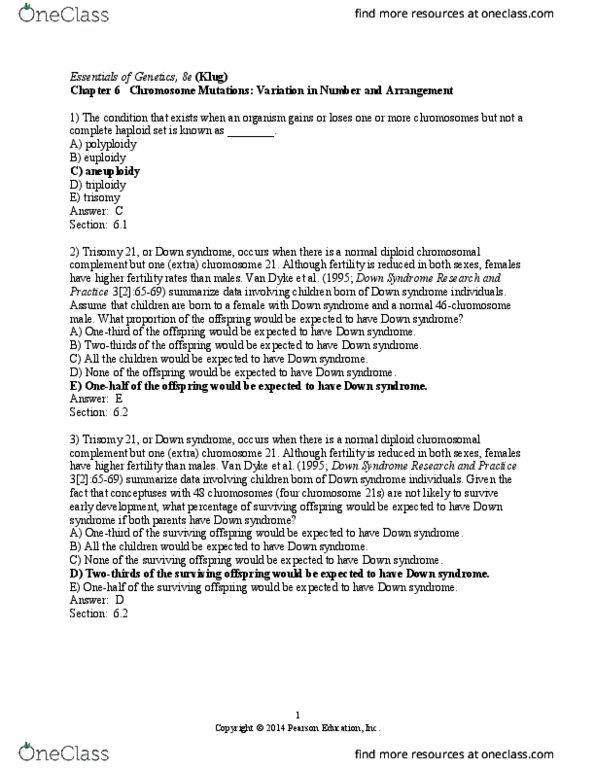



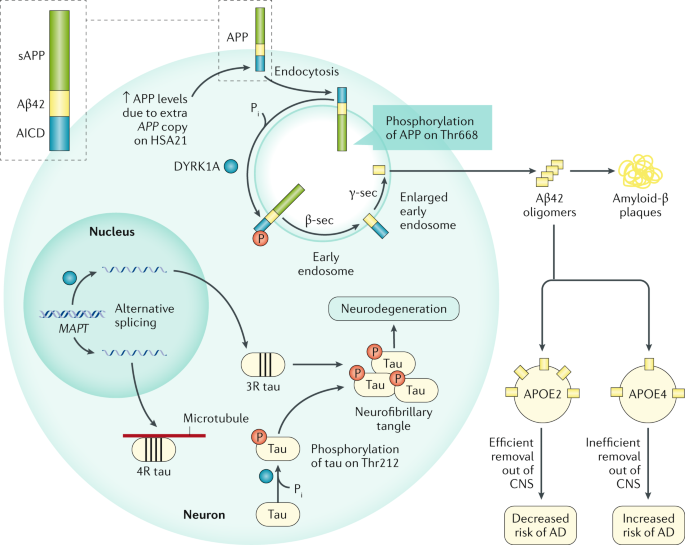

Post a Comment for "Individuals With Familial Down Syndrome Are Trisomic And Have 47 Chromosomes."